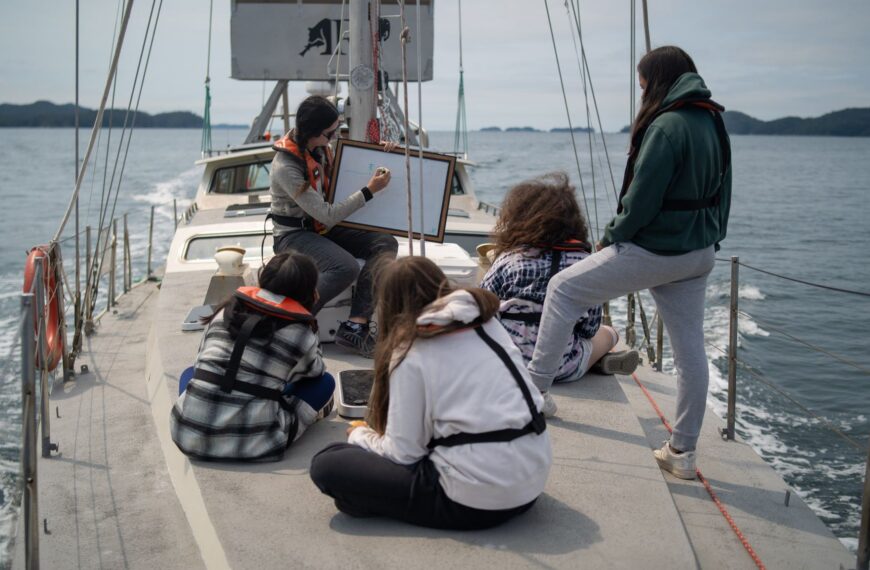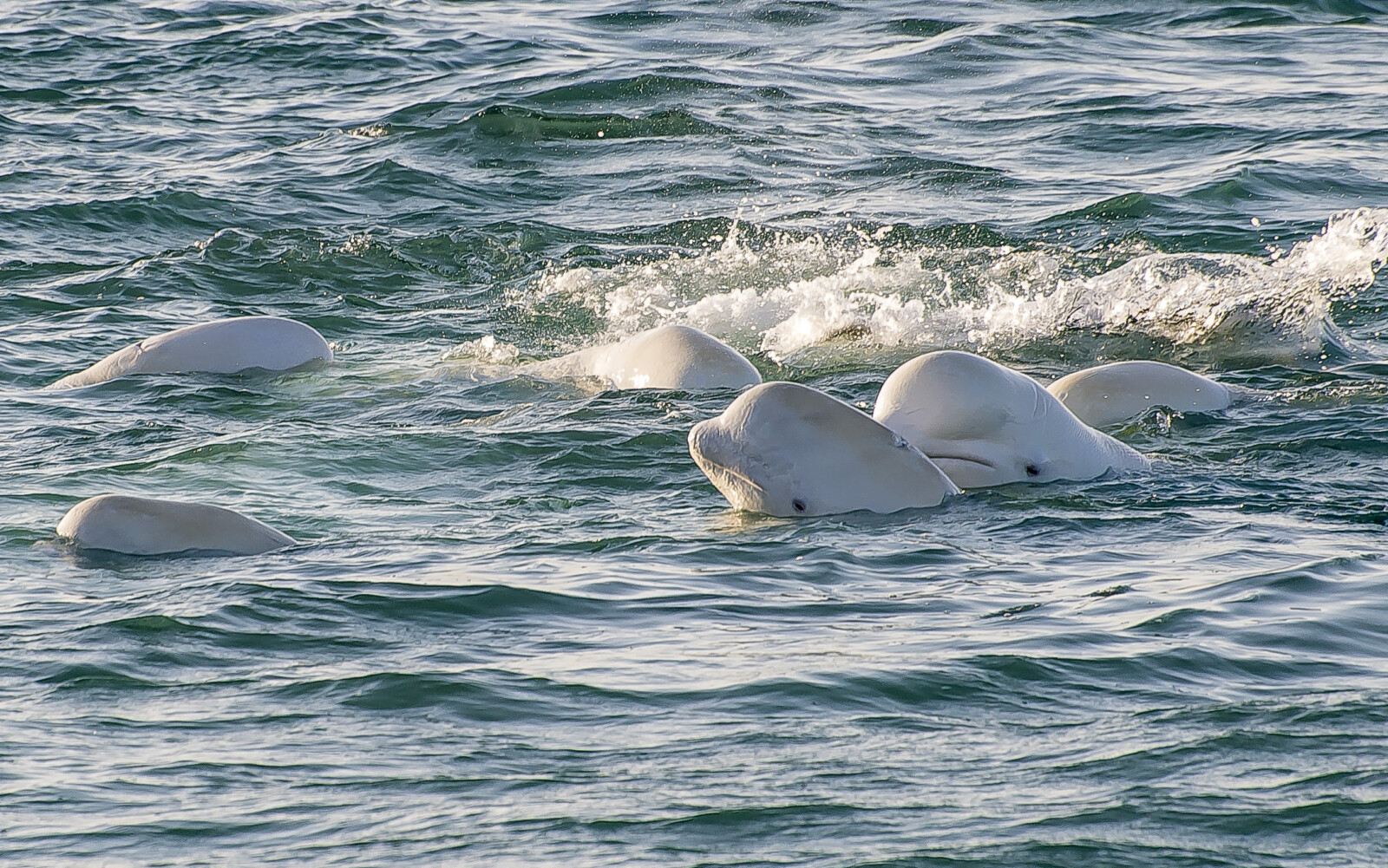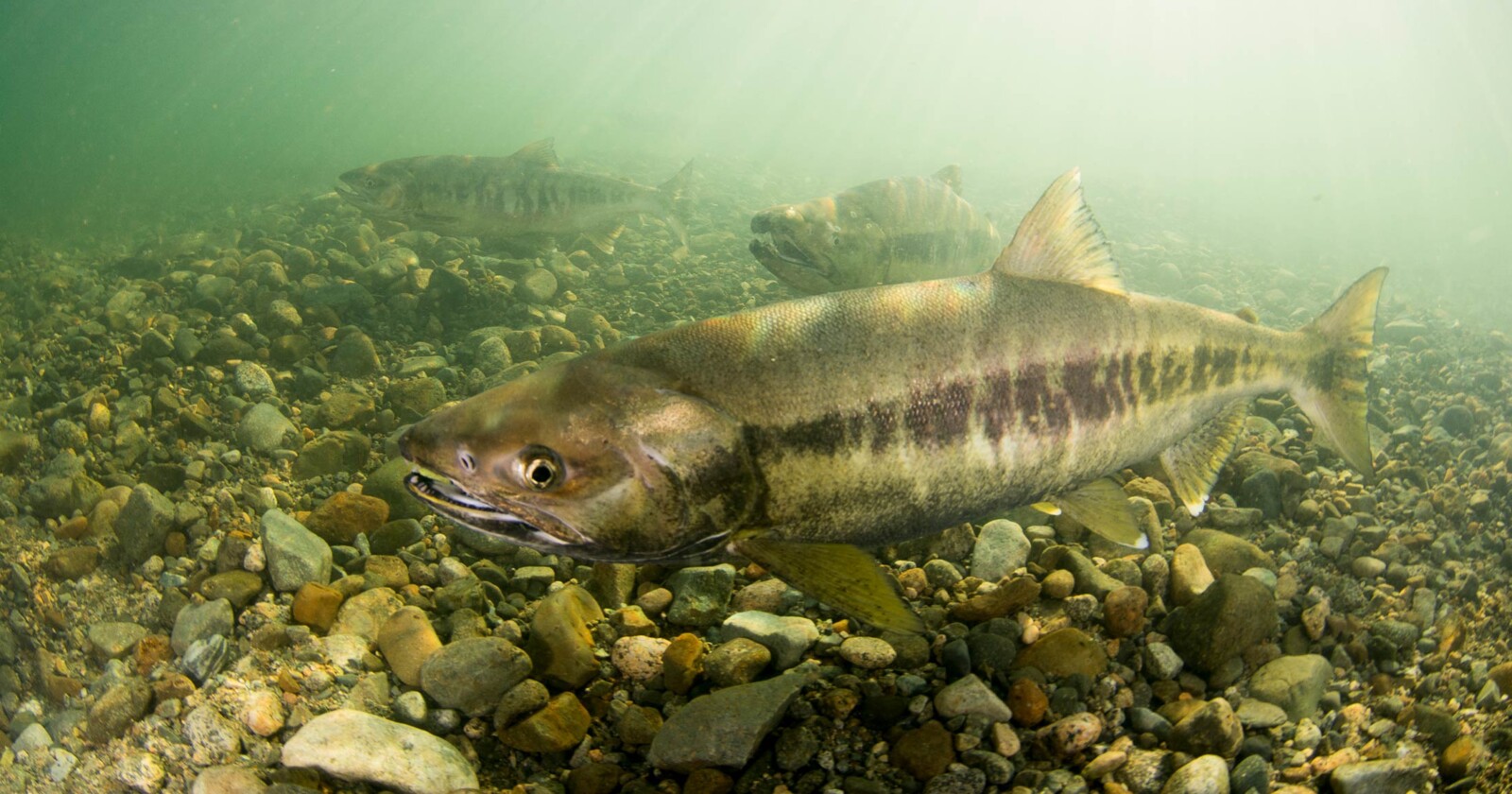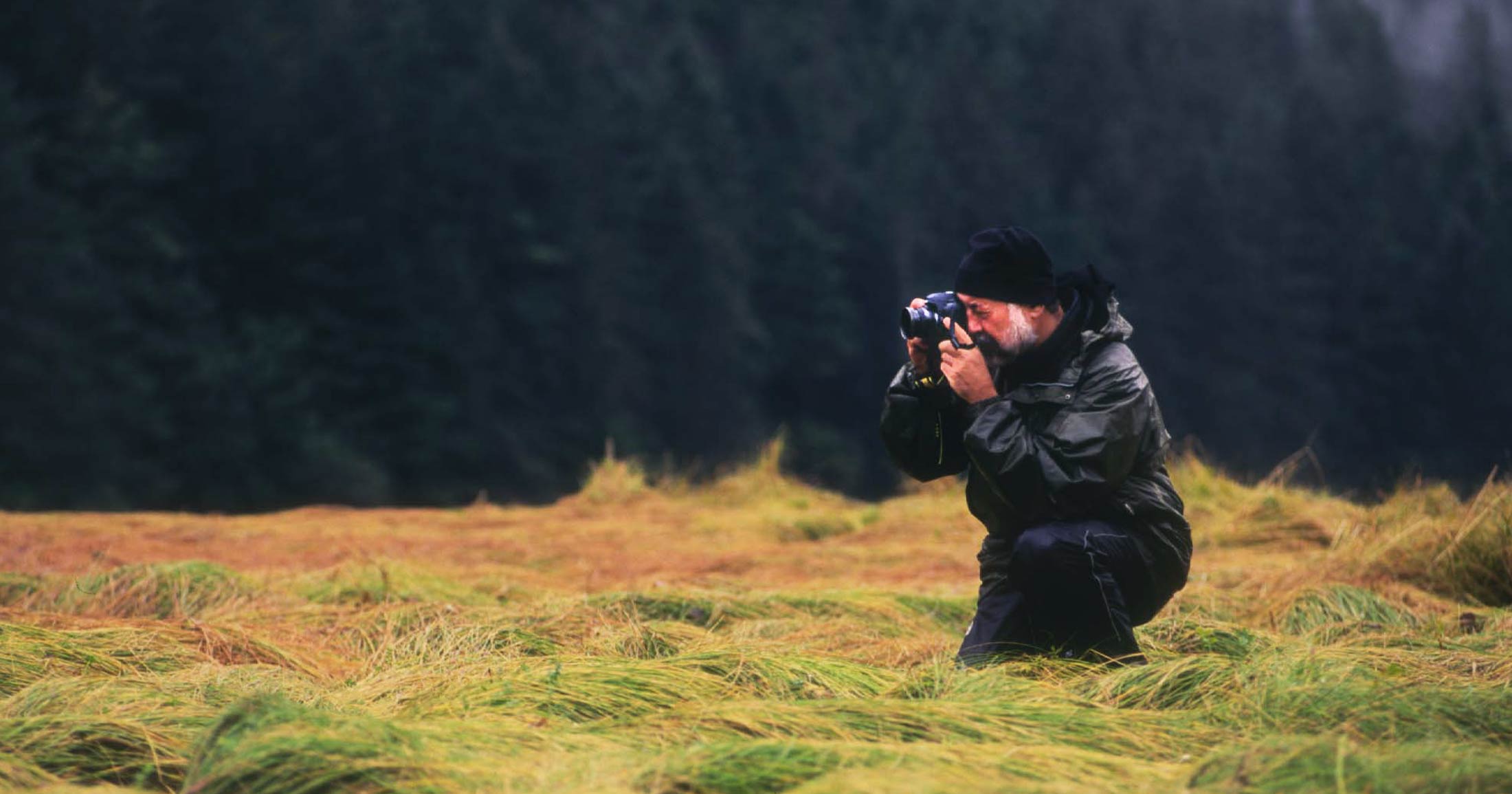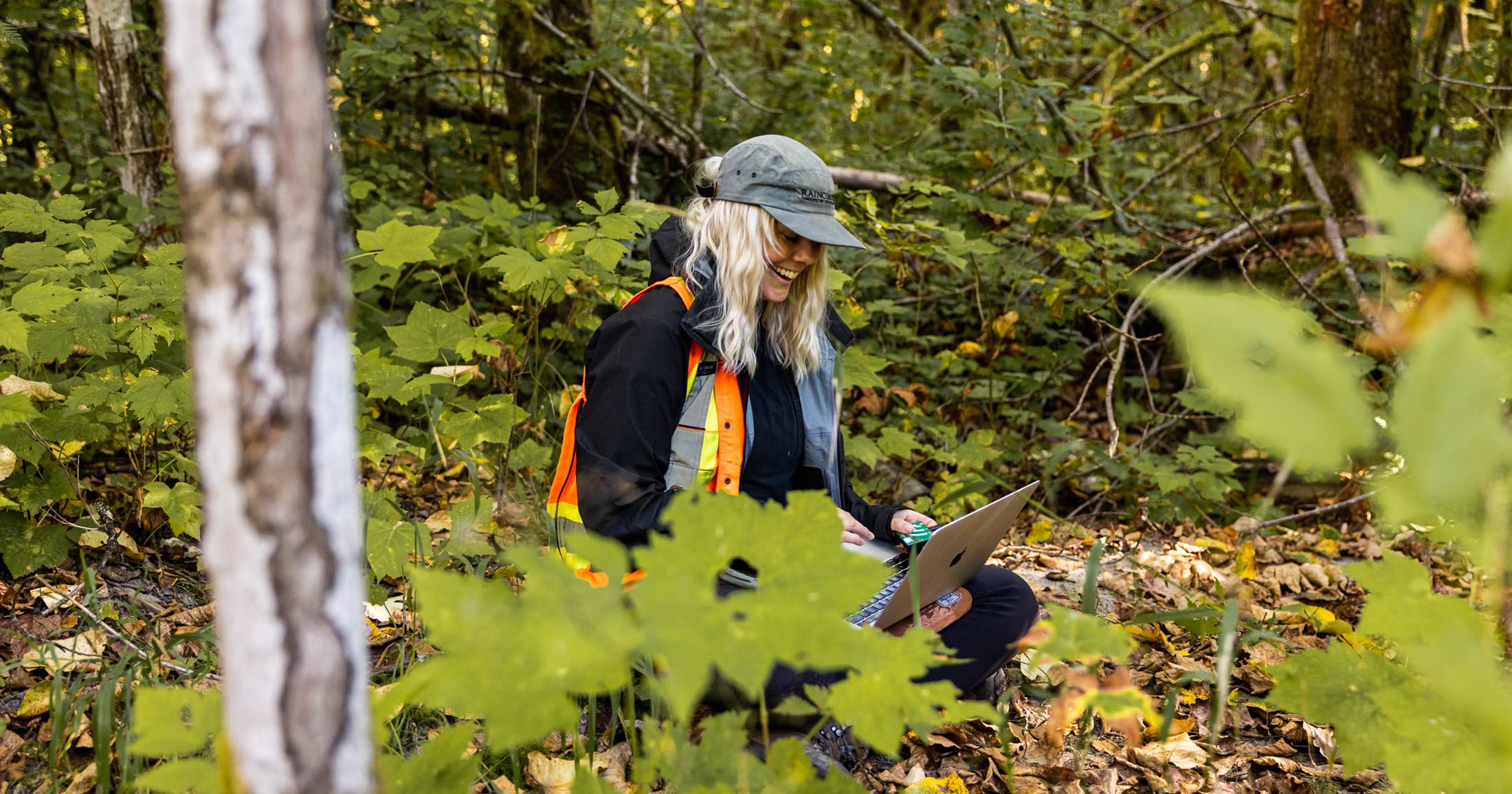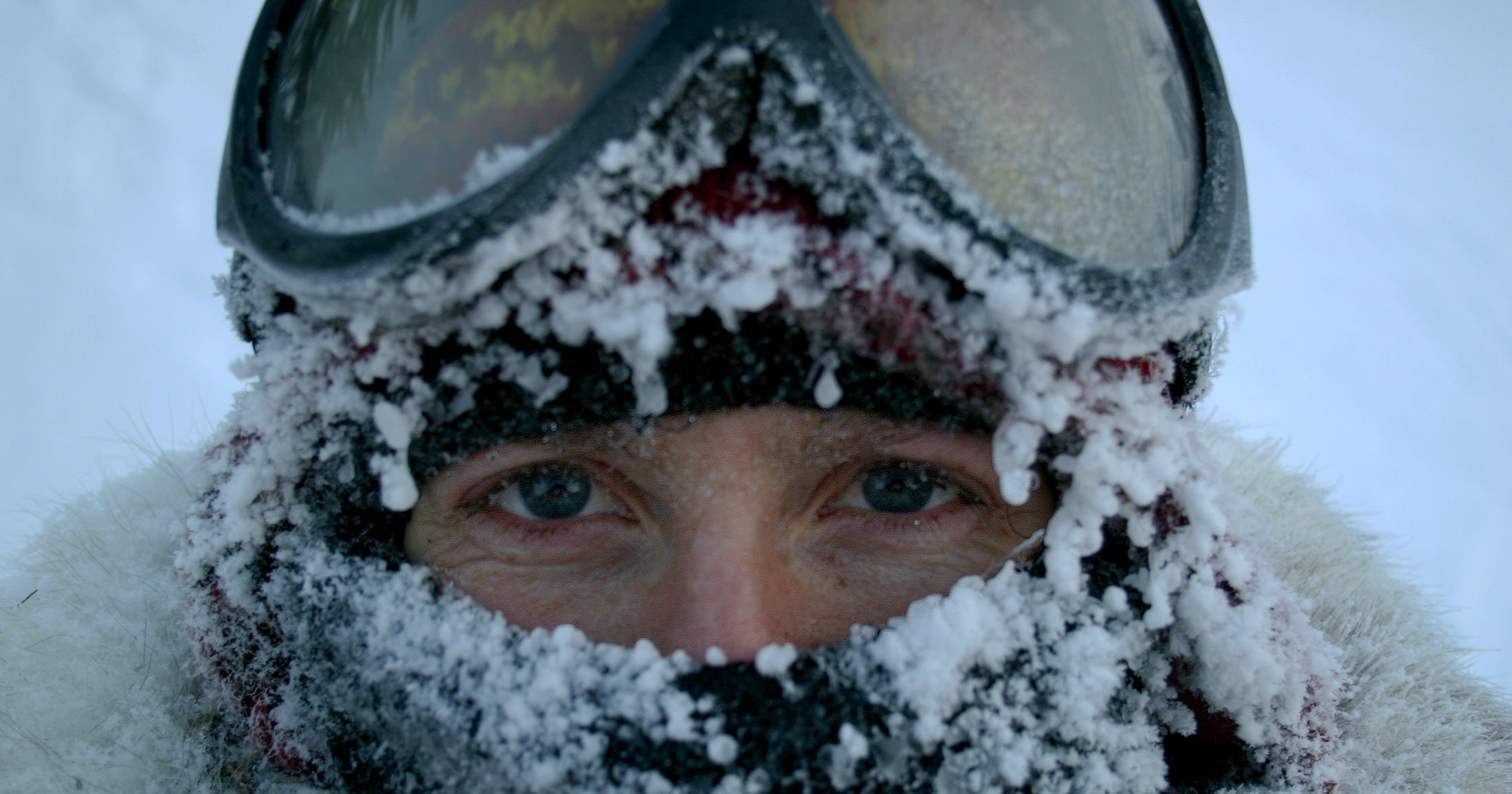BC hunting wolves by helicopter to save endangered caribou
"The cull will be ineffective because habitat loss, not wolves, are driving the caribou’s decline" says Raincoast's Paul Paquet
The Canadian Press and Global News
VANCOUVER — Government-contracted hunters were in helicopters over two regions of British Columbia on Thursday as the province launched a controversial culling program that will sacrifice as many as 184 wolves this year alone in an attempt to save endangered caribou.
The province announced a plan to immediately start killing wolves during the next four years in the South Peace region, located in northern B.C., and in the South Selkirk region along the border with Washington state and Idaho. The areas are home to dwindling caribou herds, and the government insists that thinning out the wolf population is a viable solution to protect the herds and allow their numbers to increase. The Alberta government has had a similar program in place for almost a decade.
Paul Paquet, a biology professor who also works with the Raincoast Conservation Foundation, suggested the cull would be ineffective because habitat loss, not wolves, are driving the caribou’s decline.
“These caribou are on a long-term slide to extinction as a consequence of what people have done, and that’s clearly where the blame should go,” Paquet said.
“I think the provinces have been unwilling to do what would have been absolutely necessary to do to save caribou, and that was to protect their habitat initially. You can’t easily recover the habitat that it’s lost.”
Officials in B.C. also plan to use the cull to study the effectiveness of such a program. A large herd in the South Peace region won’t be protected through the wolf cull, which will allow researchers to compare that population with herds on ranges where wolves were killed.
Paquet questioned the ethics of shooting wolves from helicopters to conduct research. “It doesn’t satisfy the need for humane killing and that’s real problematic,” he said.
Ethier, the assistant deputy minister, defended the government’s methods.
“We think by hiring experienced pilots and experienced sharp shooters that this is the most humane way to remove wolves,” he said.
To read the full story visit global news at
http://globalnews.ca/news/1775813/b-c-hunting-wolves-by-helicopter-to-save-endangered-caribou/
You can help
Raincoast’s in-house scientists, collaborating graduate students, postdoctoral fellows, and professors make us unique among conservation groups. We work with First Nations, academic institutions, government, and other NGOs to build support and inform decisions that protect aquatic and terrestrial ecosystems, and the wildlife that depend on them. We conduct ethically applied, process-oriented, and hypothesis-driven research that has immediate and relevant utility for conservation deliberations and the collective body of scientific knowledge.
We investigate to understand coastal species and processes. We inform by bringing science to decision-makers and communities. We inspire action to protect wildlife and wildlife habitats.



